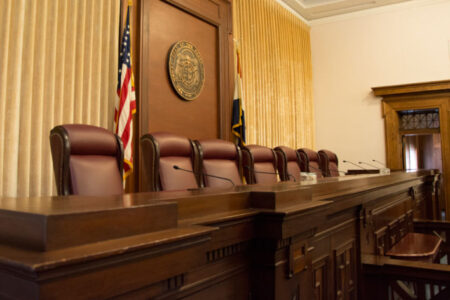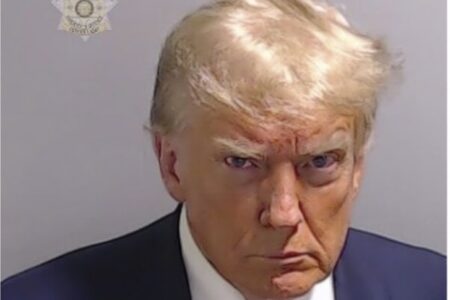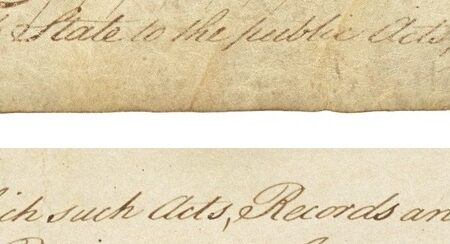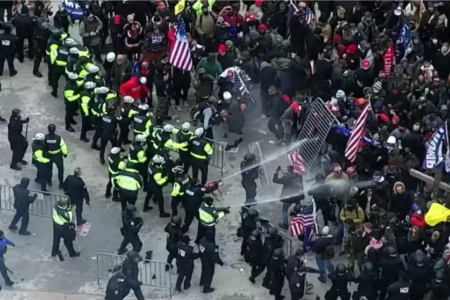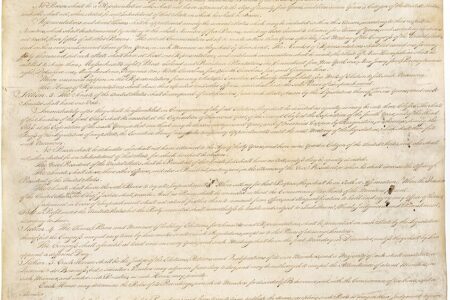
California, an Island?
by Lincoln L. Davies, Stephanie Lenhart
Lincoln L. Davies and Stephanie Lenhart warn that the energy future of the Western United States will be determined by the choices California makes over the next two years. Davies and Lenhart urge California to move towards a regional western electricity market to improve energy efficiency, reliability, and sustainability, and to avoid isolating California’s electricity market.



